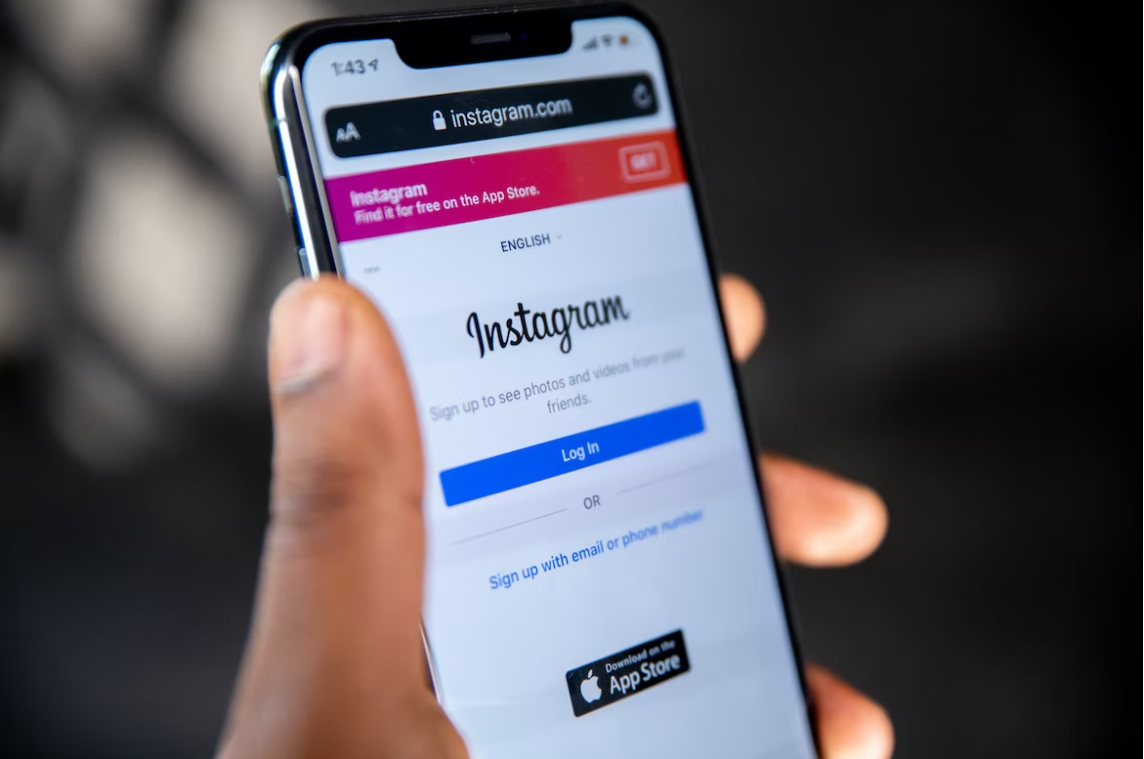24 May What are the rules for advertising on Instagram?
Read our 5 key takeaways for advertising on the Instafamous!
 Author: Ian Aldridge, Progressive Legal
Author: Ian Aldridge, Progressive Legal

Brands are increasingly delving into the trending area of social media advertising and engaging social influencers to promote their products. Even if you’re a new social media user you probably have come across a product shot of the latest avocado / coconut / turmeric / organic shampoo endorsed by your local Bondi Insta-Celeb.
There’s been quite a lot of debate regarding this type of advertising in the past few years. Other jurisdictions such as the United States and United Kingdom have jumped hard and fast on regulating this space a few years ago. You may have noticed the disclosures on some international celebrities’ posts such as #collab #ad #sponsored.
Although coming a little slow to the party, the Australian Association of National Advertisers (AANA) updated their guidelines and code of ethics earlier this year to reflect the international trends.
The code now includes a guideline that states “advertising or marketing communication shall be clearly distinguishable as such to the relevant audience.”
The code itself relies on voluntary adherence by the industry. However it does now better reflect the current legal position already set in the Australian Consumer Legislation (ACL).
Breaching the AANA code may not result in a huge penalty. But the real risk lies in breaching the ACL. And then having the Australian Competition and Consumer Commission (ACCC) coming after you. The relevant provisions of the ACL are sections 18 and 29 which relate to misleading or deceptive conduct and specific misrepresentations.
Breaching these provisions carries a maximum penalty of $220,000 per post for the influencer and $1.1m for the brand!
We should make it clear that there is nothing illegal about paying someone to do an endorsement. The key to staying out of trouble is making sure third parties are aware of the commercial relationship. “But everyone knows about paid posts” you may say.
Just keep in mind that your target audience may be the tech savvy uni student. But by the power of social media and the increase in smart phone use generally your post may slide into a Baby Boomer’s Insta-Feed. And you may then find yourself in hot water.
“What we ultimately say to businesses and bloggers is that you are on good safe ground if you disclose commercial relationships. When you’re not then you start running into this grey area that could potentially lead you to a messy end.” – Michael Schaper, ACCC Deputy Chair.
Key takeaways- the rules for advertising on Instagram
- Label the post. There is no real guidance as to what the label should be. But it has been generally accepted that a hashtag like #ad or #sponsored will keep both influencer and brand in the clear.
- Posts and testimonials must reflect genuine opinions.
- Fake reviews and testimonials are a breach of the ACL. This includes writing negative reviews on competitors’ websites and social media pages.
- “But I didn’t get paid, I just got a few free samples!”. ASIC still sees this as reward based so you are not in the clear.
- The risk of ASIC coming after you increases the more control you have over the influencer and their post.
If your business relies heavily on this type of advertising then we strongly recommend considering a Social Influencer Agreement. This will iron out all the legal issues which both parties must be aware of. This will better protect your interests should the other party decide not to comply with the rules. Our team of small business lawyers can provide you with further information on this.
Tailor Made Legal Documents
We can provide you with tailored Legal Documents in a number of areas including: Intellectual Property Law, Commercial Law, Privacy Law, Workplace Law, Corporate Law, and Litigation / Dispute Resolution.
Click here to request a fixed-price Legal Document and have a look at the range of different documents we can help you with.
- 15 September, 2024
- 17 July, 2024

Ian Aldridge is the Founder and Principal Lawyer Director at Progressive Legal. He has over 15 years experience in advising businesses in Australia and the UK. After practising in commercial litigation for 12 years in major Australian and International Law Firms, he decided to set up a NewLaw law firm in Australia and assist growing Australian businesses. Since then, he has advised over 2,500 small businesses over the past 6 years alone in relation to Intellectual Property Law, Commercial, Dispute Resolution, Workplace and Privacy Law. He has strived to build a law firm that takes a different approach to providing legal services. A truly client-focused law firm, Ian has built Progressive Legal that strives to deliver on predictable costs, excellent communication and care for his clients. As a legal pioneer, Ian has truly changed the way legal services are being provided in Australia, by building Legal Shield™, a legal subscription to obtain tailored legal documents and advice in a front-loaded retainer package, a world-first. He has a double degree in Law (Hons) and Economics (with a marketing major). He was admitted to the Supreme Court of NSW in 2005.






